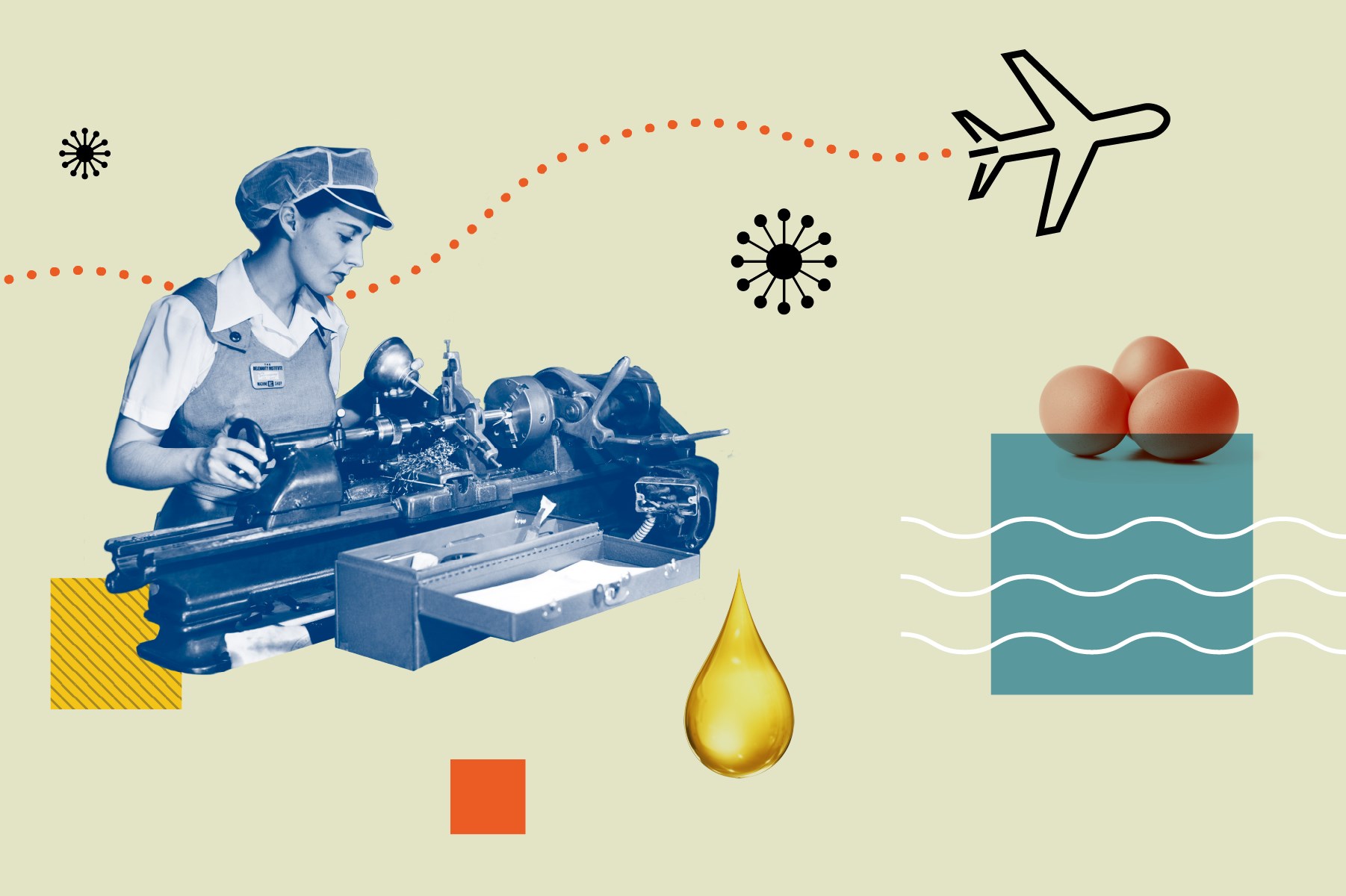
Fixed income securities experienced the same volatility as equities when economies were shut down by the pandemic. Yet Roshan Thiru, head of Canadian fixed income at Toronto-based Manulife Investment Management, argues that these events offer many opportunities for investment managers who are prepared to take a longer-term view. Indeed, Thiru maintains that approach has produced consistently strong relative returns.
“There are two primary and persistent themes in the current market environment. There has been a rally in risk assets and a collapse in yield,” says Thiru, lead manager of the 5-star rated $2 billion Manulife Yield Opportunities Series F. “As far as the yield curve is concerned, rates will be structurally low for a long time. That is because the unwinding of unconventional monetary policy has proven to be very tricky. In an effort to prop up growth and support the global economy, central banks have brought rates down to such unprecedented low levels, that it would take a very long time to reverse course.”
Manulife Yield Opportunities is a balanced income-oriented fund that has an objective of delivering 5-7% annualized returns over a three-to-five-year period. It uses a wide variety of instruments, but the lion’s share is in fixed income of varying credit quality. Back in early 2019, Thiru recalls, his team was concerned that valuations for risk assets were getting stretched. Hence they cut back the fund’s high yield bond exposure from 40% to about 30% and equities from 18% down to about 12%.
Pays to be Brave
“It was impossible to have predicted what happened in early 2020. But it would have been imprudent to have managed client money in fear of such a seismic event. Doing so would have entailed liquidating certain assets and sitting on cash, which does not generate much in terms of income,” says Thiru, who heads a team of 11 fixed income specialists and also works closely with senior portfolio manager Alan Wicks, and his team, who select the portfolio’s equities. “Because of our disciplined approach to valuations we were able to reduce risk. So when the market sold off, we were able to ‘re-risk’ the fund. When high-yield bonds sold off by 20-25%, we added about 15% exposure to the portfolio. We would not have been able to do that if we had not de-risked the fund heading into the crisis.”
Roughly speaking, the fund is divided between 85% in fixed income and 15% equities. The portfolio is spread across eight different asset classes. Currently, the largest portion, about 40%, is in high yield bonds, which have a high correlation to equities. There is also 22% in investment-grade corporate bonds, 6% long government bonds, 8% leveraged loans, 3% preferred shares, 2% emerging markets bonds, as well as 15% in equities and 4% cash. “We expect high yield bonds will deliver a pretty good return in the next year,” says Thiru, a 20-year industry veteran who joined Manulife in 2008 after working as an analyst at firms such as DBRS and RBC Financial Group. Thiru has been on the Yield Opportunities team since the fund’s inception in December 2009 and became lead manager in December 2019.
Year-to-date (Nov. 19) the fund has returned 6.41%, versus 4.80% for the Global Fixed Income Balanced category. Over the last five and 10 years, the fund has averaged 6.49% and 6.48%, compared to the category’s average of 4.09% and 4.50% in the same periods. The fund has a trailing 12-month yield of around 6.55% before fees.
Defying Ultra-Low Yields
One of the biggest challenges that all fund managers face is that bond yields have been trending lower for a decade, notes Thiru. “When we launched the fund in 2009 people were skeptical that we could make a 5-7% return. But we have done it for 11 years,” says Thiru. “Looking at the environment today, we say that, ‘It’s not easy to achieve our target with lower yields. The average yield on 10-year government of Canada bonds is 75 basis points [0.75%]. But we have consistently delivered at the top end of our target.’”
To deliver exceptional yields, the team is extremely flexible and works around different asset classes. “There is always value and volatility to take advantage of. And oftentimes something comes up for sale,” says Thiru, citing the 2013 commodity crisis, and the 2018 equity market sell-off following a string of Federal Reserve rate hikes. “There is always an opportunity to enter at an attractive value. We just make sure that we are not missing it.”
When central banks cut rates last spring, it caused yields for high-yield bonds (which are below investment grade) to blow out to 11% from around 5.5%. Investment-grade corporate bond spreads ballooned from 100 basis points [1%] to around 275 bps [2.75%]. In a similar vein, equities fell 30-35%. “Cutting overnight rates would have been a head-wind if all we did was invest in government bonds. But that is not what we do. We invest in a number of asset classes, government bonds being just one. This year, government bonds are actually among the best asset classes, although that is not always the case. We have a number of levers to pull and will come up with different ways to meet our return objective.”
Extra-Wide Net
Highly diversified, the portfolio has well over 530 holdings. Among the top high-yield names that Thiru cites is Lions Gate Capital Holdings LLC (LGF-A), a Vancouver-based movie distributor that has been hit by the closing of cinemas. “But it controls the streaming service, Starz, which has experienced incredible growth as people have been consuming more media content,” says Thiru, adding that the premium-tier cable network has 27 million subscribers. “Content value has skyrocketed as production companies have closed down due to COVID. Lions Gate has been able to sell its content to media such as Netflix and Amazon at premium rates.” The bond yields 6.5%.
On the equity side, the team looks for companies that benefit from a wide competitive moat and high gross margins. One top holding is American Tower Corp. (AMT), a dominant player in the U.S. cellular tower industry. “It provides a mission-critical high-value service in exchange for a small fee from telecom companies,” says Thiru. “Providers like American Tower are oligopolistic in nature and have benefitted from a 20-year plus growth tailwind.” Then stock pays a 2% dividend.
Looking ahead, Thiru is hopeful that economic activity will slowly return to normal over the next eight to 24 months. “That said, this pandemic is transformational, in more ways than one. Normal economic conditions won’t translate equally across the board,” says Thiru. “There will be some permanent economic scarring, and it will most affect those sectors at ground-zero, such as retail and hospitality. Normalization will not be equal for all.”
As for bond yields, Thiru says the notion of “normal” is changing with every crisis. “Private and public debt levels keep growing. The trend remains for normal yields to be lower.” But Thiru maintains that his team can meet their objectives. “We are confident that our multi-asset go-anywhere strategy will allow us to generate out target returns regardless of underlying yields. One thing is constant in this world: volatility. If you can invest through volatility and focus on the long term, you will come out on top.”
Standards of Long-Term Success
Get our free equity indexes to benchmark your portfolio here



















